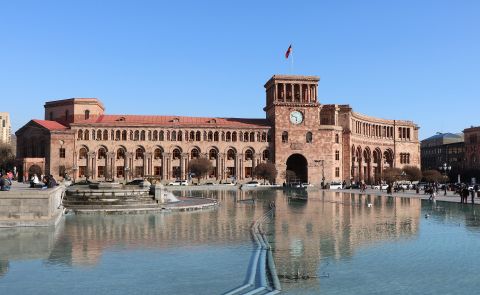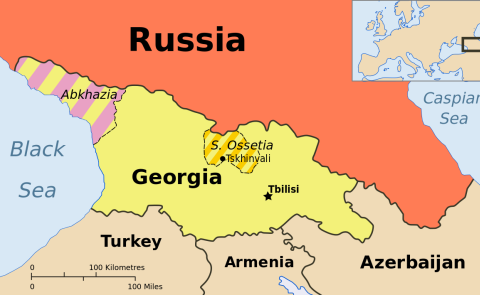
Georgia and Its Breakaways Meet at 59th Round of Geneva International Discussions
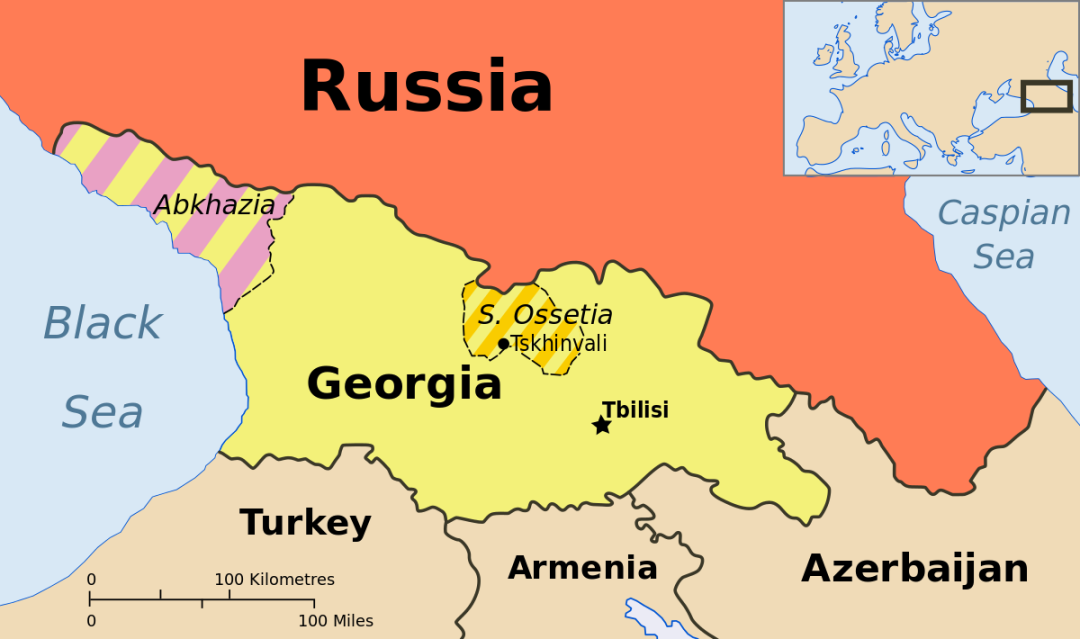
On December 5-6, the 59th round of the Geneva International Discussions (GID) took place by the six-point agreement of August 12, 2008, and implementing measures of September 8, 2008. This round was held in two working groups meeting in parallel on security and humanitarian issues, as per usual practice.
It was the third round held this year in a highly challenging regional and geopolitical environment. The participants reconfirmed the importance of the GID as the only platform where the conflict consequences have been addressed over the past 15 years. The round took place against a backdrop of increased tension along the South Ossetian administrative boundary line. In this context, the fatal shooting of November 6, 2023, was broadly discussed, with extensive exchanges between participants on ways to prevent a repetition of similar incidents.
Georgia's statement
The Georgian delegation raised the security, humanitarian, and human rights problems caused by the destructive actions committed by Russia in violation of the ceasefire agreement in the occupied regions. "Special emphasis was made, and the delegation condemned the killing of Georgian citizen Tamaz Gintur by the Russian occupation forces near the village of Kirbal, Gori municipality, which is a clear expression of the severe consequences of the Russian occupation and confirms the need for Russia to fulfill the ceasefire agreement. Russia and the representatives of its occupation regimes again politicized the humanitarian issues and left the negotiations on one of the main issues of the agenda - the return of forcibly displaced persons from the occupied territories to their homes. The next round of negotiations will be held in April 2024," the report noted.
The Russian side emphasized the importance of continuing contacts between Tbilisi and Sokhumi and Tskhinvali under the auspices of the IWD to start as soon as possible substantive work on the conclusion of a legally binding agreement on the non-use of force by Georgia with regard to [the separatist] Abkhazia and South Ossetia, as well as launching the process of delimitation of the Georgian-Abkhazian and Georgian-South Ossetian State borders and their subsequent demarcation. "The need to further strengthen the security of Sokhumi and Tskhinvali is dictated by the growing activity of NATO in the Black Sea region and the realization of plans for military development of Georgia by the alliance, pumping this country with modern weapons," the report from Russian side noted. "The participants agreed that the situation 'on the ground' in the Georgian-Abkhazian and Georgian-South Ossetian border areas, except for isolated incidents, remains generally stable. The reliable functioning of the hotlines and the Incident Prevention and Response Mechanism (IPRM) on the Georgian-South Ossetian border at the Ergnet settlement was noted with satisfaction. At the same time, it was noted that it was important that a similar IPRM on the Georgian-Abkhaz border in the village of Gal be reopened as soon as possible," the information added. "The annual politicized UN General Assembly resolution on internally displaced persons and refugees, introduced by Georgia, remains a serious irritant impeding interaction on humanitarian issues in Geneva. With representatives of Abkhazia and South Ossetia still denied access to the New York platform and therefore unable to present their principled approaches there, the Russian, Abkhaz, and South Ossetian parties have once again raised the question of ending the discriminatory practices against Sokhumi and Tskhinvali that make it impossible to discuss these issues constructively within the framework of the IWD," the Russian statement emphasized.
The de-facto South Ossetian delegation drew the participants' attention to the ongoing provocations on the Georgian side, the facts of deliberate violation of the [de-facto] State border, and the importance of marking the State border line to prevent unintentional violations. The South Ossetian delegation once again proposed the Georgian side to start joint delimitation and demarcation of the state border between the Republic of South Ossetia and Georgia. "Special attention was paid to the continuing deepening of military-political cooperation between Georgia and NATO and the increasing presence of the North Atlantic military alliance on the territory of the neighboring state, which is regarded as a serious challenge to regional stability and a threat to the security of South Ossetia," the report noted.
See Also

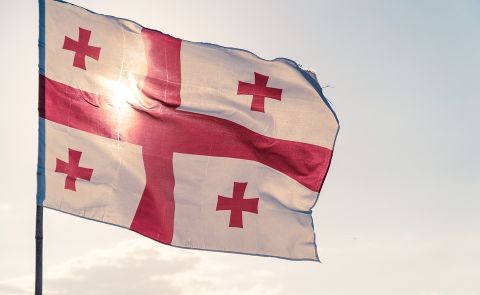
Georgian Bishop Accuses Government Official of Plotting Assassination; Opposition Leader Alleges Husband’s Abduction
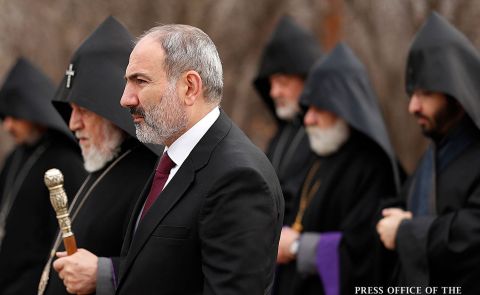
Armenian Government and Church Face Growing Tensions Over Leadership Allegations
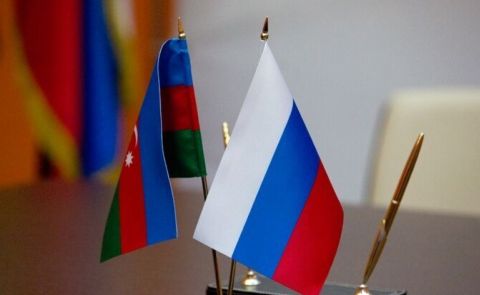
Tensions Rise Between Russia and Azerbaijan Over Medinsky’s Ukraine Conflict and Karabakh Remarks
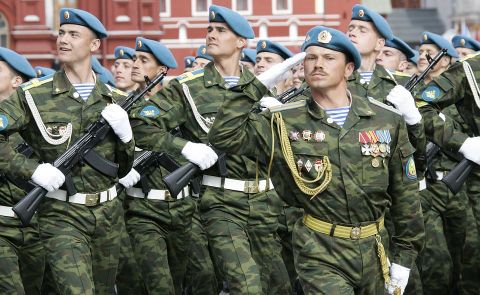
Chechen Official Outlines Conscription Rules for Russia-Ukraine War
